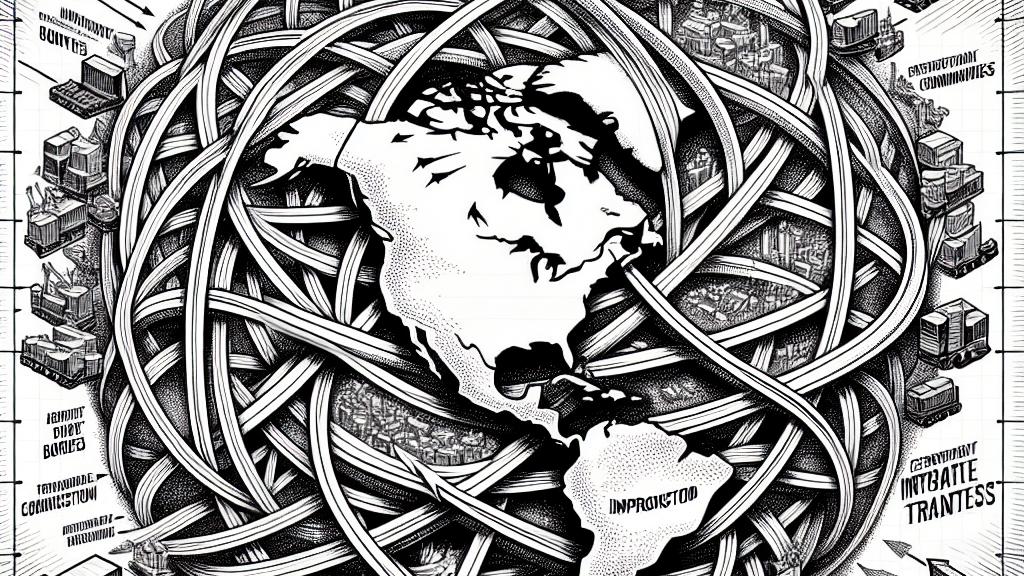Russia's Import of Sanctioned NVIDIA AI Chips Through India
Overview
- Russia has cleverly maneuvered around U.S. sanctions to import NVIDIA AI chips, showcasing its resourcefulness.
- These imports, with a staggering value of $460 million, primarily emanate from Indian companies, indicating a strategic partnership.
- This evolving trade not only reflects shifting geopolitical alliances but also paints a vivid picture of global commerce amidst the Ukraine crisis.

The Intricate Landscape of Sanctions
In response to Russia's military actions in Ukraine, the U.S. and its allies swiftly implemented sanctions aimed at cutting off advanced technologies, particularly NVIDIA's AI chips, from reaching Russian hands. This prohibition is not merely a transactional barrier but a strategic effort to prevent military enhancements that could further escalate the conflict. However, the enforcement of these sanctions presents a significant challenge. Countries are not uniformly participating, which has allowed businesses to find alternative pathways. For instance, Russia's imports have managed to thrive via trade routes that honor neither the intentions nor the borders set by Western nations, illustrating the complex nature of international commerce in this era.
India: A Key Player in the Trade Game
India's emerging role as an essential conduit for Russian tech imports is both fascinating and telling. Consider Shreya Life Sciences: initially a pharmaceutical company, it has boldly pivoted to exporting high-value servers that feature state-of-the-art NVIDIA chips. Between April and August 2024, this company reportedly facilitated the shipment of around 1,400 server units, collectively valued at a jaw-dropping $300 million! Such a development is not merely a statistic; it represents a strategic alignment between India and Russia that defies prevailing geopolitical tensions. Furthermore, the flexibility and responsiveness of Indian companies in seizing these opportunities underscore their importance on the global stage. While many countries draw back, India has stepped forward, not only bolstering its economy but also reshaping international trade relationships in the process.
Global Implications of Shifting Trade Dynamics
The ramifications of Russia's AI chip imports through India are profound, extending beyond economics into the realm of international relations. For instance, since the invasion of Ukraine, India's exports to Russia have skyrocketed, increasing by a staggering 310%! Such figures signal a foundational shift in alliances, raising critical questions about the future of global trade systems. As these countries forge deeper economic ties, nations around the world must reevaluate their own strategies and relationships. This evolving trade narrative not only reveals Russia's impressive adaptability but also highlights the complexities of navigating a global market where political climates are in constant flux. In essence, the landscape is morphing, and the path we tread now could lay the groundwork for new economic alliances and challenges in the years to come, emphasizing the intricate dance of global diplomacy.

Loading...